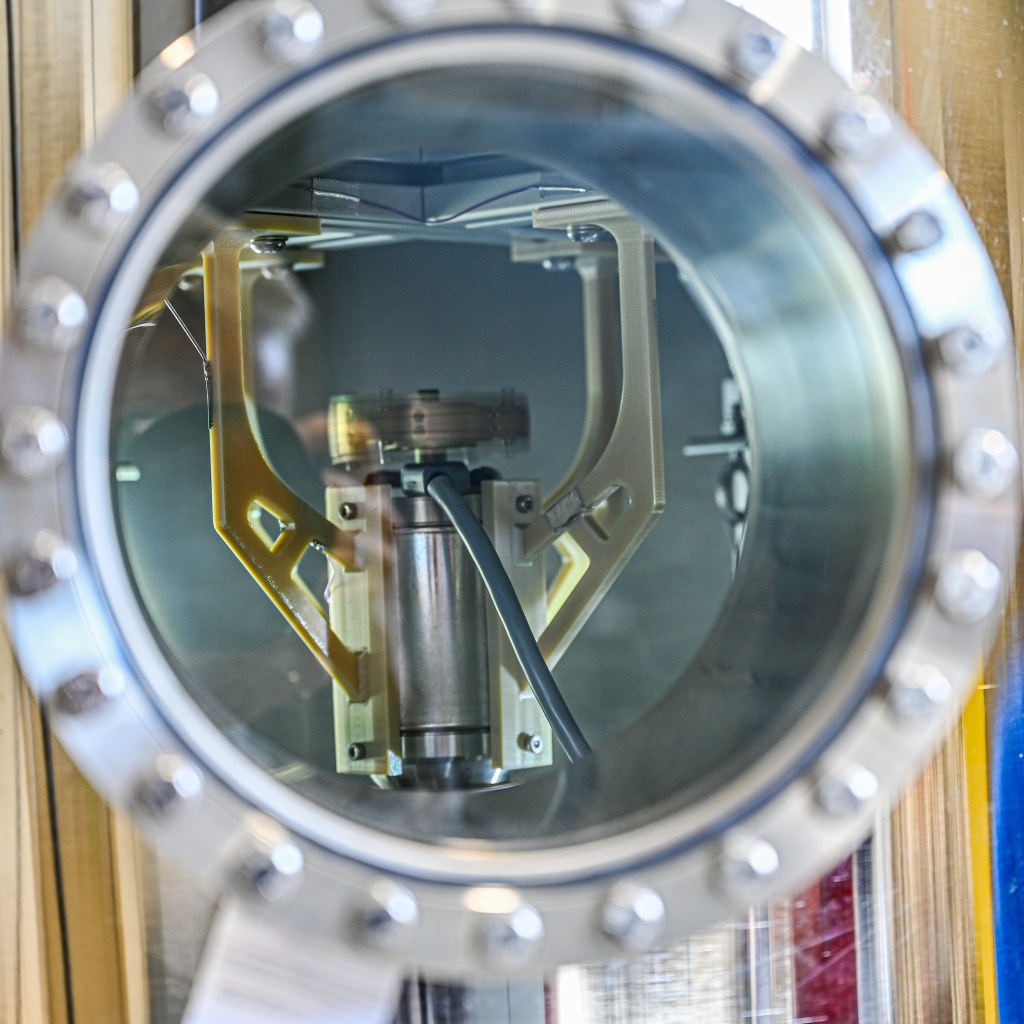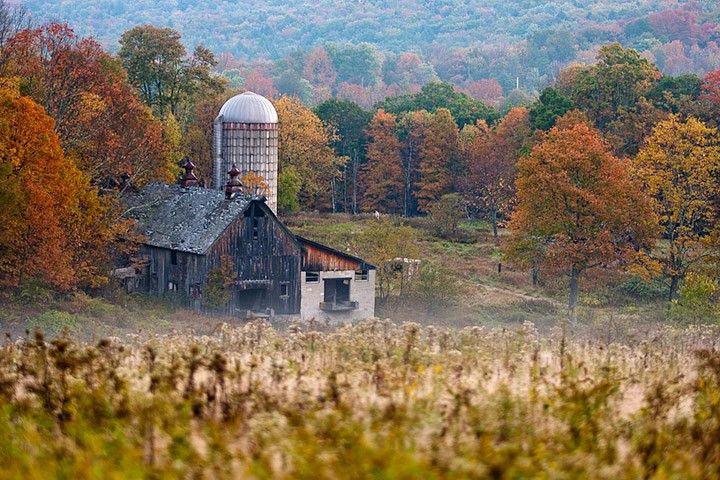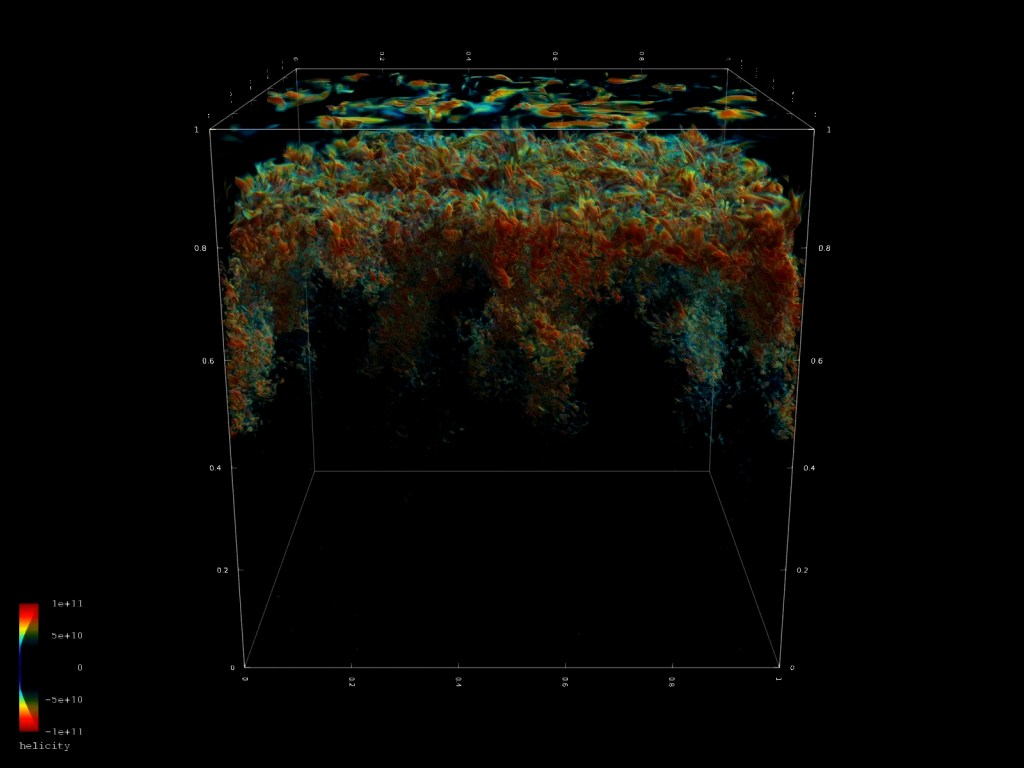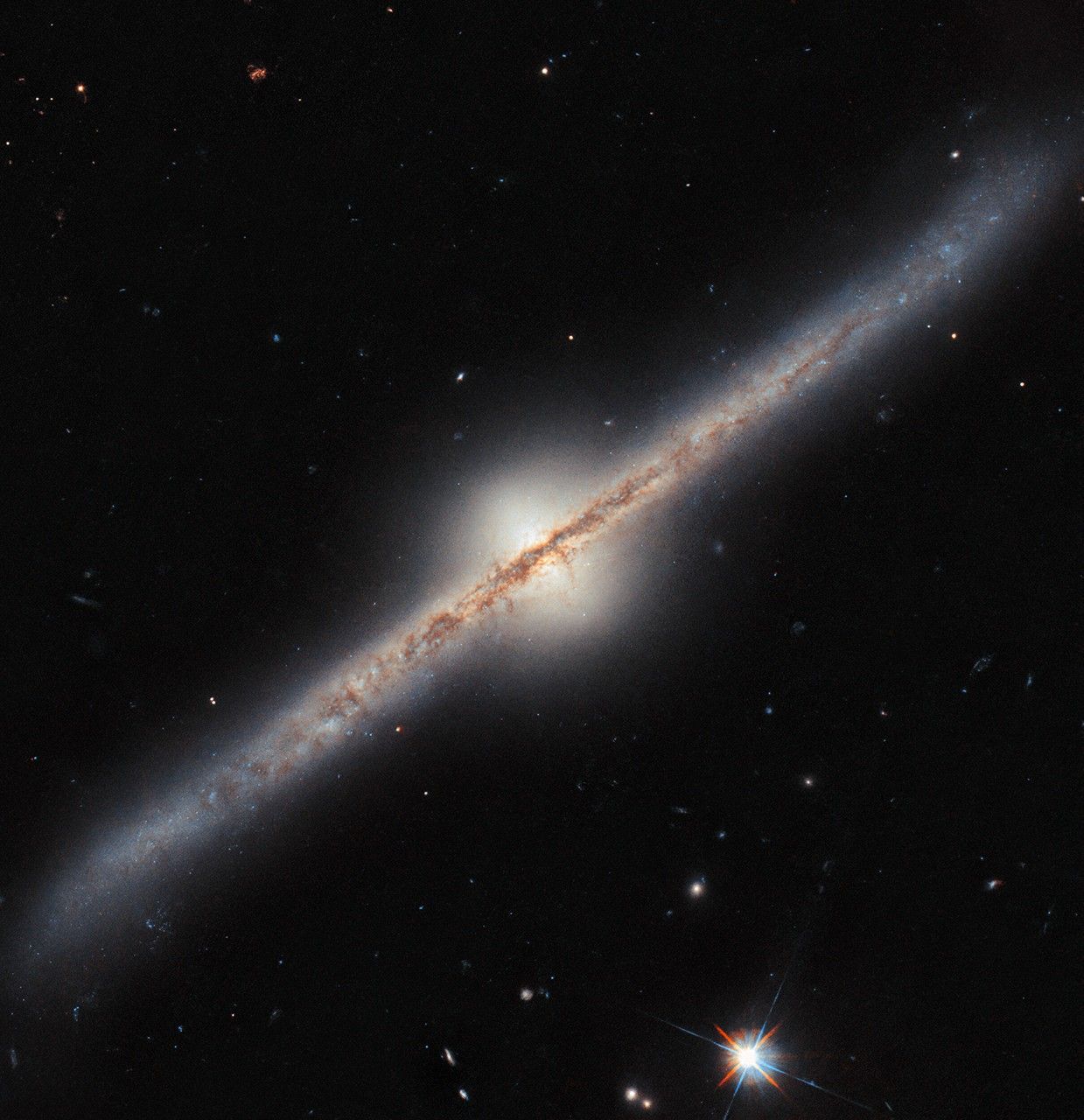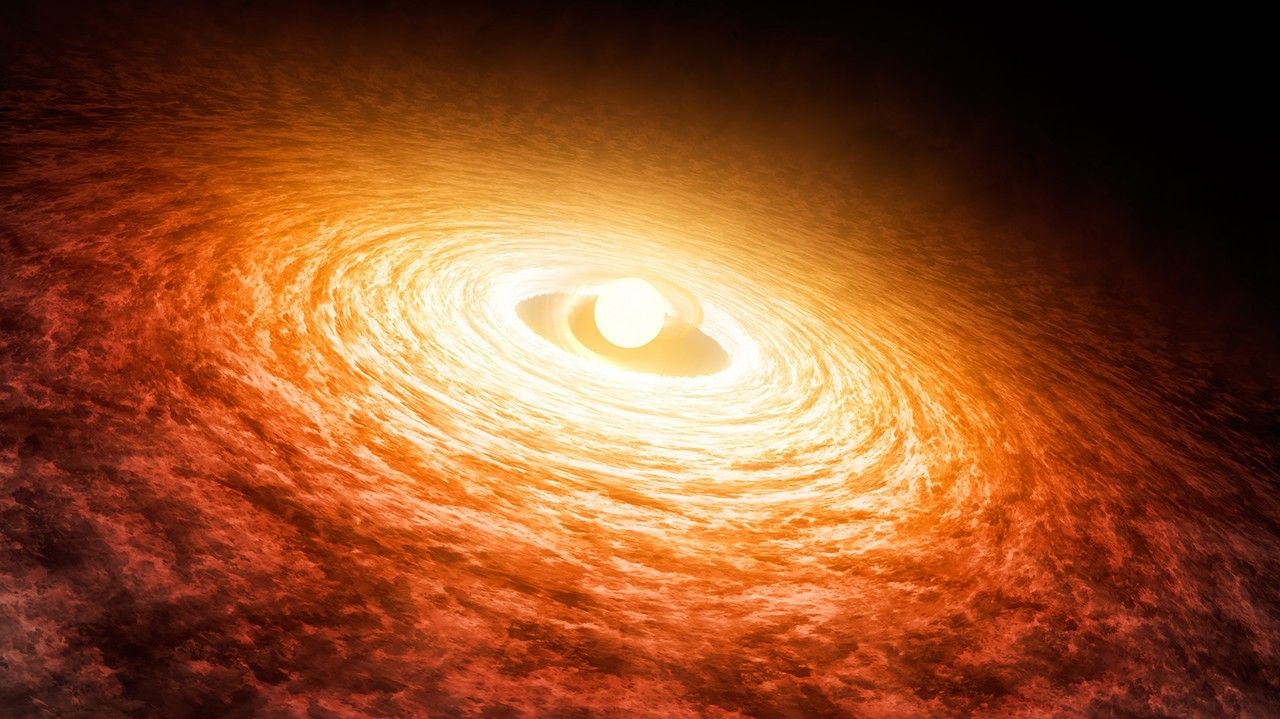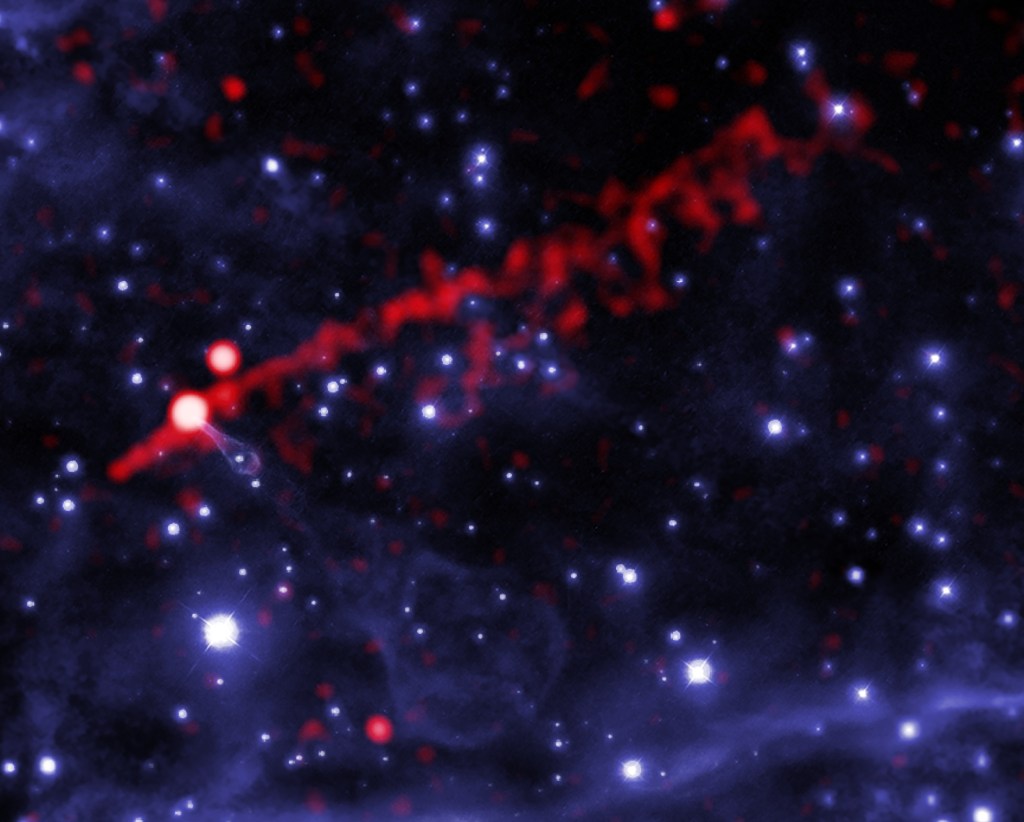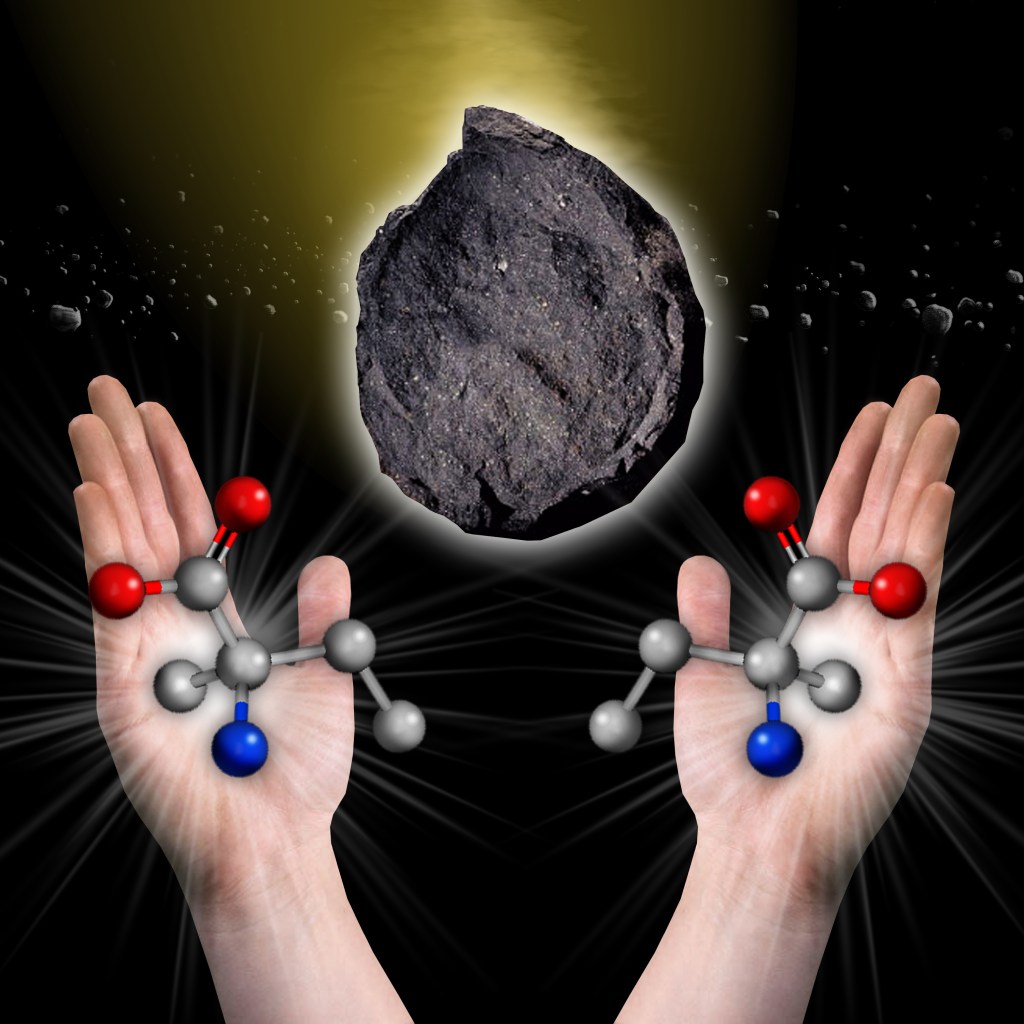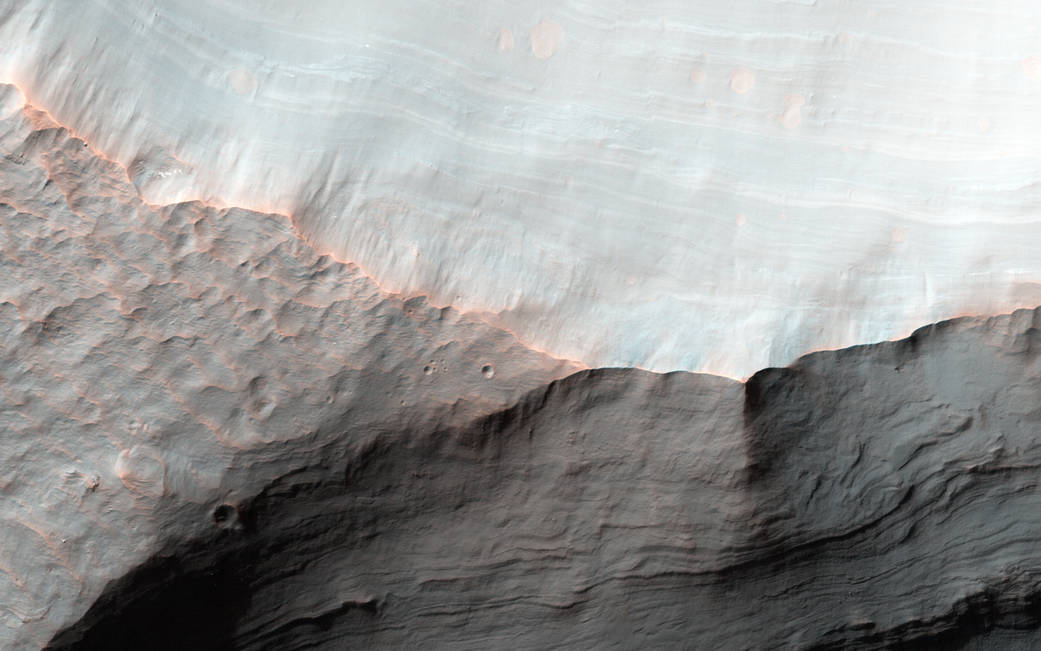Alluvial fans are gently-sloping wedges of sediments deposited by flowing water. Some of the best-preserved alluvial fans on Mars are in Saheki Crater, an area that has been imaged many times previously.
This observation, captured on Jan. 23, 2016 by the High Resolution Imaging Science Experiment (HiRISE) camera on NASA’s Mars Reconnaissance Orbiter, covers two impact craters that expose the stratigraphy of the fans. This image will be used to measure the depth of the fan and describe its depositional history, as well as closer view of some of these layers.
The University of Arizona, Tucson, operates HiRISE, which was built by Ball Aerospace & Technologies Corp., Boulder, Colo. NASA’s Jet Propulsion Laboratory, a division of the California Institute of Technology in Pasadena, manages the Mars Reconnaissance Orbiter Project for NASA’s Science Mission Directorate, Washington.
Image Credit: NASA/JPL-Caltech/Univ. of Arizona
Caption: Alfred McEwen





